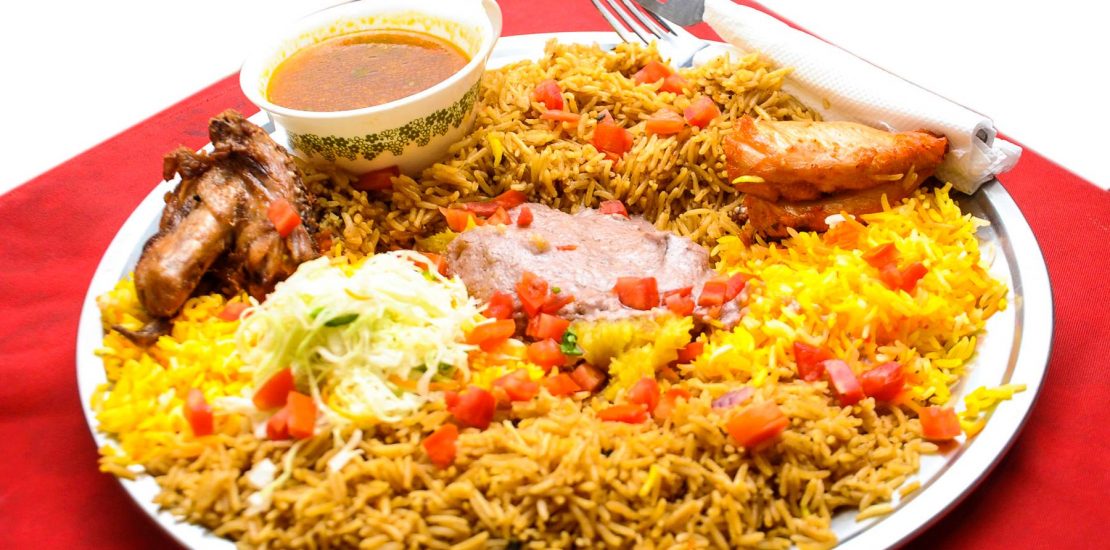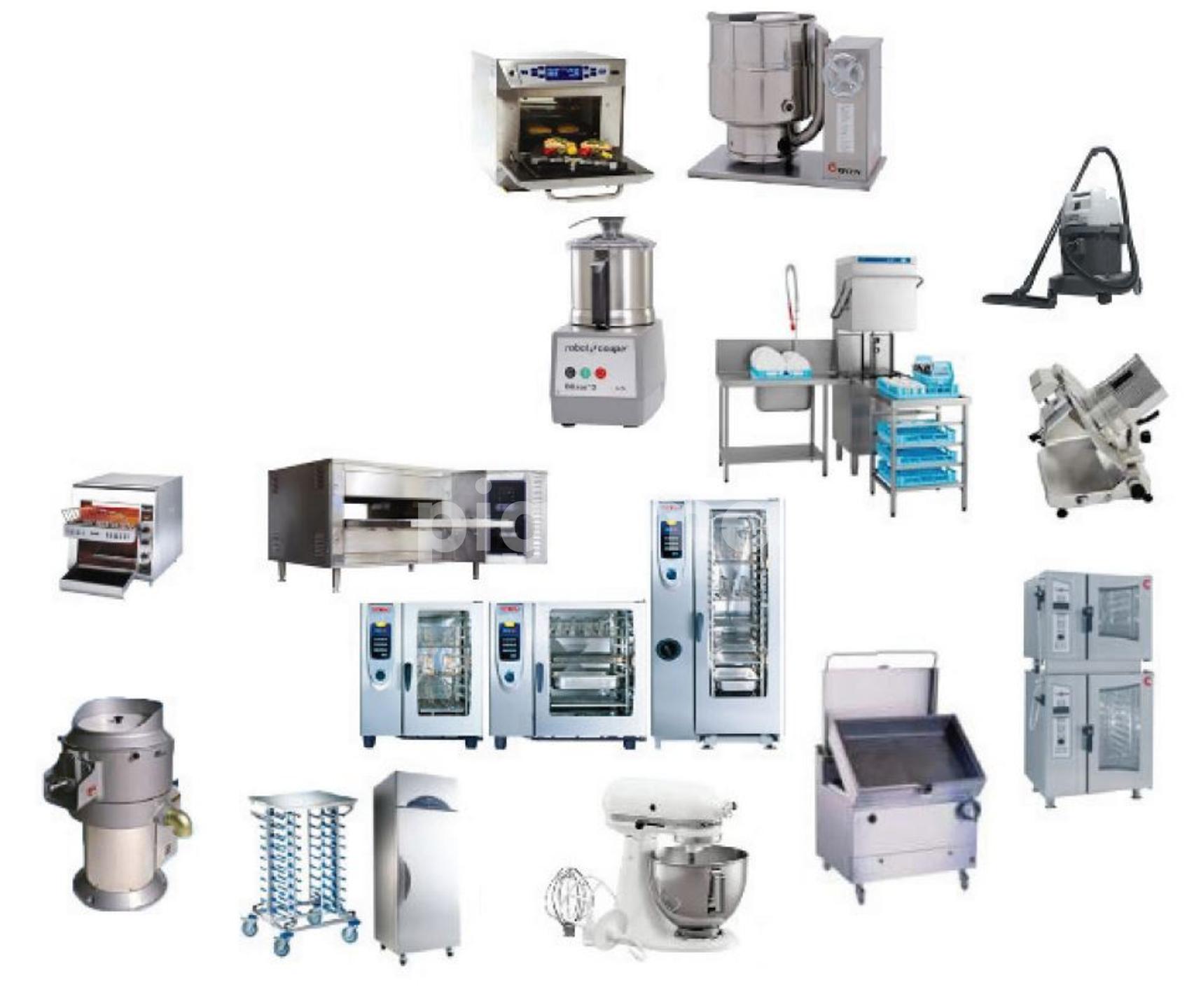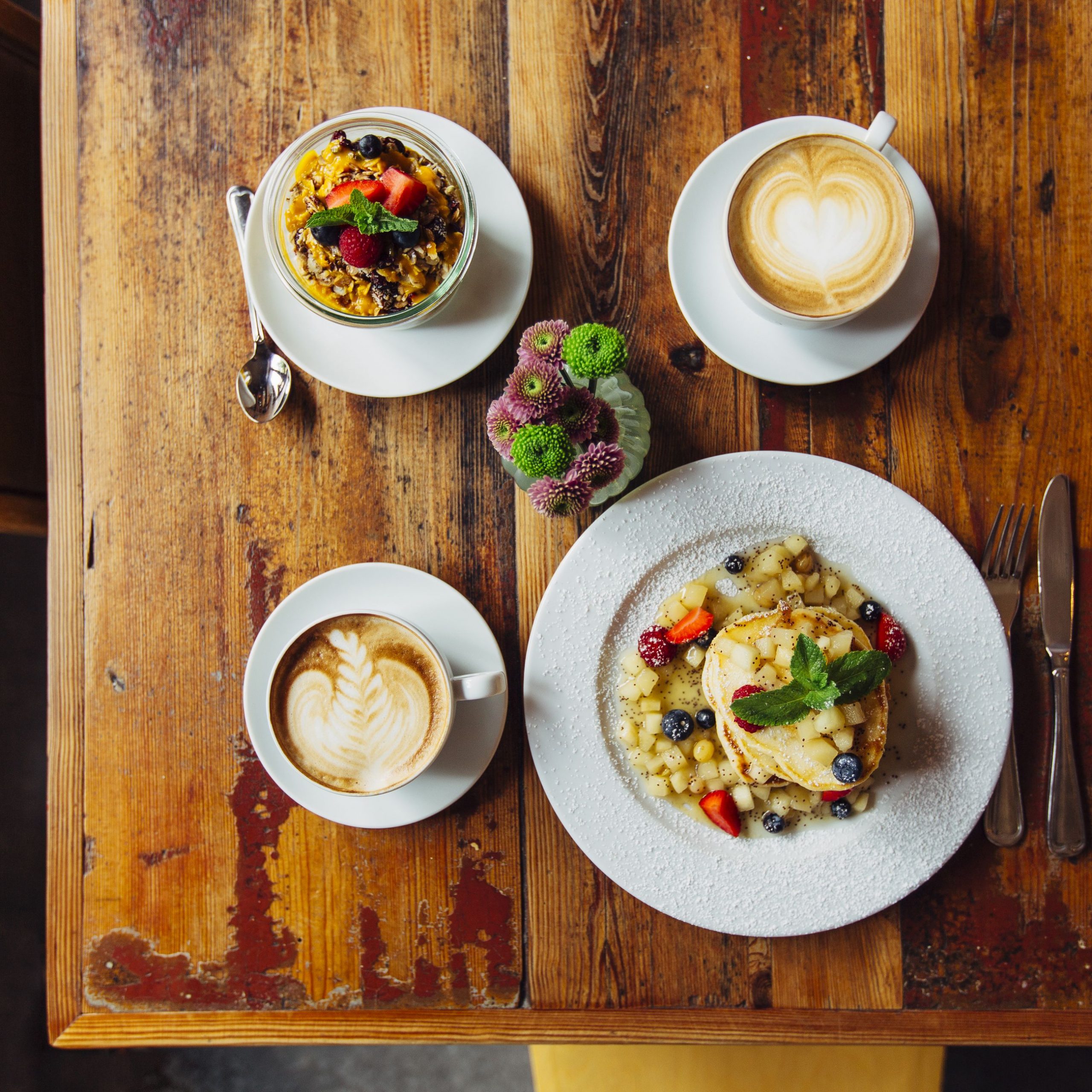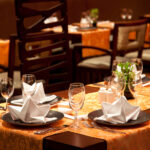- January 18, 2021
- Posted by: simba001
- Category: Uncategorized

Like anything else, starting a food business in Kenya comes with mouth watering rewards on one hand and potential challenges on the other hand.
The global pandemic has led to a pent-up demand for visiting restaurants, bars, and other food establishments. While most food businesses have shifted focus to online ordering and delivery, the restaurant industry’s profits are expected to rise.
One of the biggest hurdles to starting a new food business is knowing where to begin. This article will help to understand the key things that you need to consider when starting a food business.
Construct a Plan
As the old adage goes, failure to plan is planning for failure. The first and most important step to starting a food business in Kenya is writing a business plan. Whereas the contents of individual plans may differ, the following information should be caprtured.
✅ Your business entity type. Are you a sole proprietorship? A partnership? Or possibly a Limited Company?
✅ Your food business concept. Are you going to be a fast food restaurant? A full-service restaurant and bar? Or an online only delivery services restaurant?
✅ Your marketing, logo, and name. You’ll need to determine how you’ll create a brand that your customers use to recognize your product.
✅ Your target market. Based on your concept and price point, what kind of patrons will be attracted to your business?
✅ Choose an ideal location. If you don’t already have a location for your food business, what neighborhood provides the best chance at a sustainable market share? What kind of competition will you face in a given area?
✅ A budget for expenses such as inventory (food and beverage), labor, rent, and utilities.
✅ Your menu and price range. What dishes, beverages, or baked goods will you be serving and at what prices will your meals be profitable?
✅ Your staffing plans. How many employees will you hire to start with, and how will they be broken down into management, front-of-house, and back-of-house?
These are just a few of the questions you’ll have to ask yourself to construct a business plan. The exact details of your business plan will depend on what type of food business you’re looking to open.
Buy Your Equipment

Bakery, coffee shop, or restaurant equipment is most likely going to one of your biggest startup expenses. You’ll need to buy or rent everything from ovens to flatware before opening your doors. Here are some of the necessary items you’ll need:
Kitchen appliances like ovens, stoves, grills, fryers, and microwaves.
✅ Cold storage appliances such as ice machines and walk-in freezers and refrigerators.
✅ Work surfaces such as countertops, cutting boards, steam tables, and cold food tables.
✅ Smallwares like sauté and frying pans, sauce pots with lids and baking sheets.
✅ Utensils for the kitchen such as tongs, ladles, and a good knife set.
✅ Silverware for the front-of-house along with napkins, tablecloths, and placemats.
✅ Glassware and barware.
✅ Furnishings such as tables, chairs, a host stand, and decor. Make sure you can rearrange your furniture to comply with distancing or capacity requirements, if needed.
Assemble Your Team
Each food business concept has different labor and staffing considerations. For example, if you’re planning to start an online delivery restaurant you’ll need a cook, marketing person and delivery person
On the other hand, a full-service restaurant will need a handful of waiters and bartenders, plus a complete kitchen staff etc.
It’s not uncommon for people in the food service industry to move around frequently, so job hopping isn’t always a bad sign. With that being said, when hiring an employee, interview everyone thoroughly and make sure you call their references and confirm there are no major red flags.
Get Licenses and Permits
Being compliant with applicable health and safety laws as well as other food service regulations, is more important now than ever. While all businesses require licenses and permits to operate, the food service industry is especially strict because you’re dealing with products that people consume. Here are some of the documents you’ll need when starting a food business in kenya.
✅ Business registration documents from Registrar of companies.
✅ Business permit from the county government.
✅ Clearance from Public Health Department.
✅ Music Society license.
✅ A liquor license for those that want to serve alcohol
✅ Any other applicable license from the local/national authorities as may be necessary.
In the Kenyan setup, another license you will need for your fast food business in Kenya is the food and hygiene license. A public health officer will have to inspect your business premises to ascertain that it is safe and clean to prepare food. Once you are approved, you will be issued a license to operate the business.
Finally, you will also need a food handlers certificate and a fire certificate that show that you are fully equipped to manage fire in case of a fire emergency on your business premises.
These certificates and licenses will help you avoid any issues with the county askaris.
Set Up Your Point of Sale (POS) System
In today’s world, a POS that seamlessly integrates with online ordering to help you offer delivery and pickup has become a necessity. A good restaurant POS should print tickets, manage both online and in-person orders, keep customer orders open, split orders, customize table layouts, and let you take payments anywhere.
Many POS systems also come with insightful analytics and reporting, so you can quickly identify trends and make quick changes to your staffing or inventory, if need be. These tools can help run your business more efficiently and grow faster.
POS systems, like everything on our checklist, vary based on what type of food business you’re looking to open. For example, a fast food POS will have different features and functionality than one for a full-service restaurant or bar. It’s up to you to do your research and find one that best fits your business model.
The Bottom Line
Your starting a food business checklist will depend on your concept, size, and menu, but this list should give you a sense of what to focus on and where to start. With smart planning and the right tools in place, you’ll have what you need to be successful.






